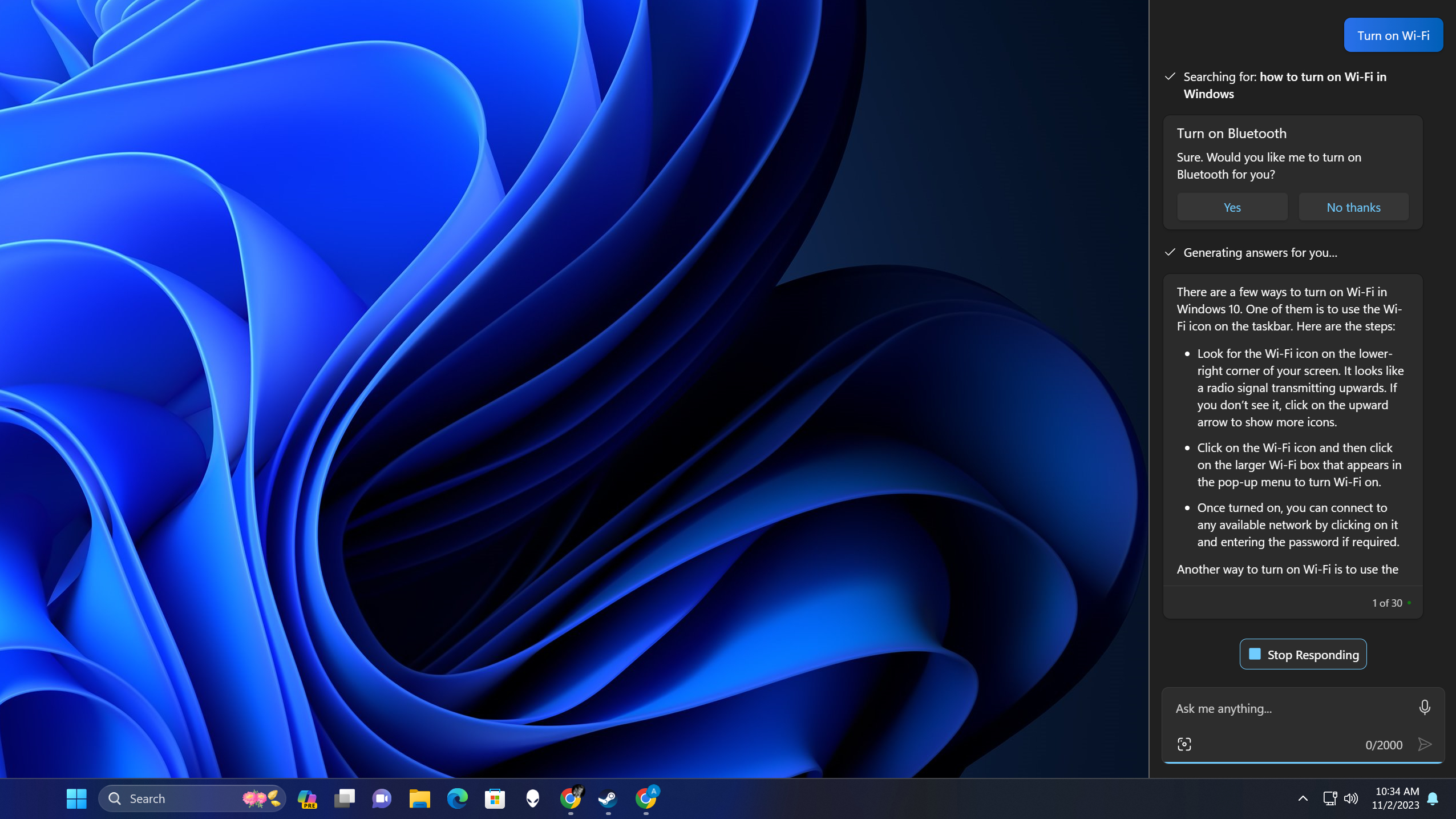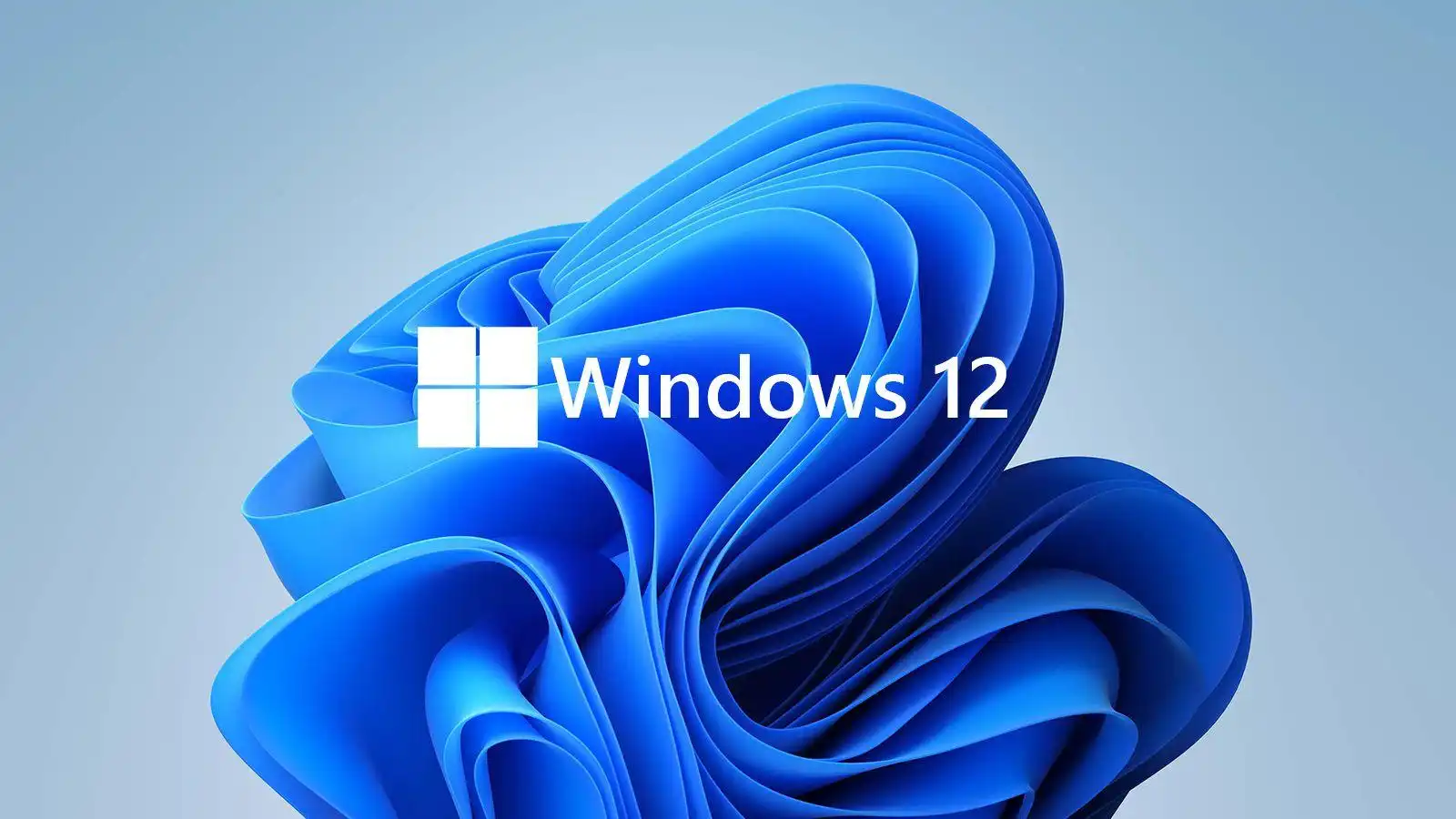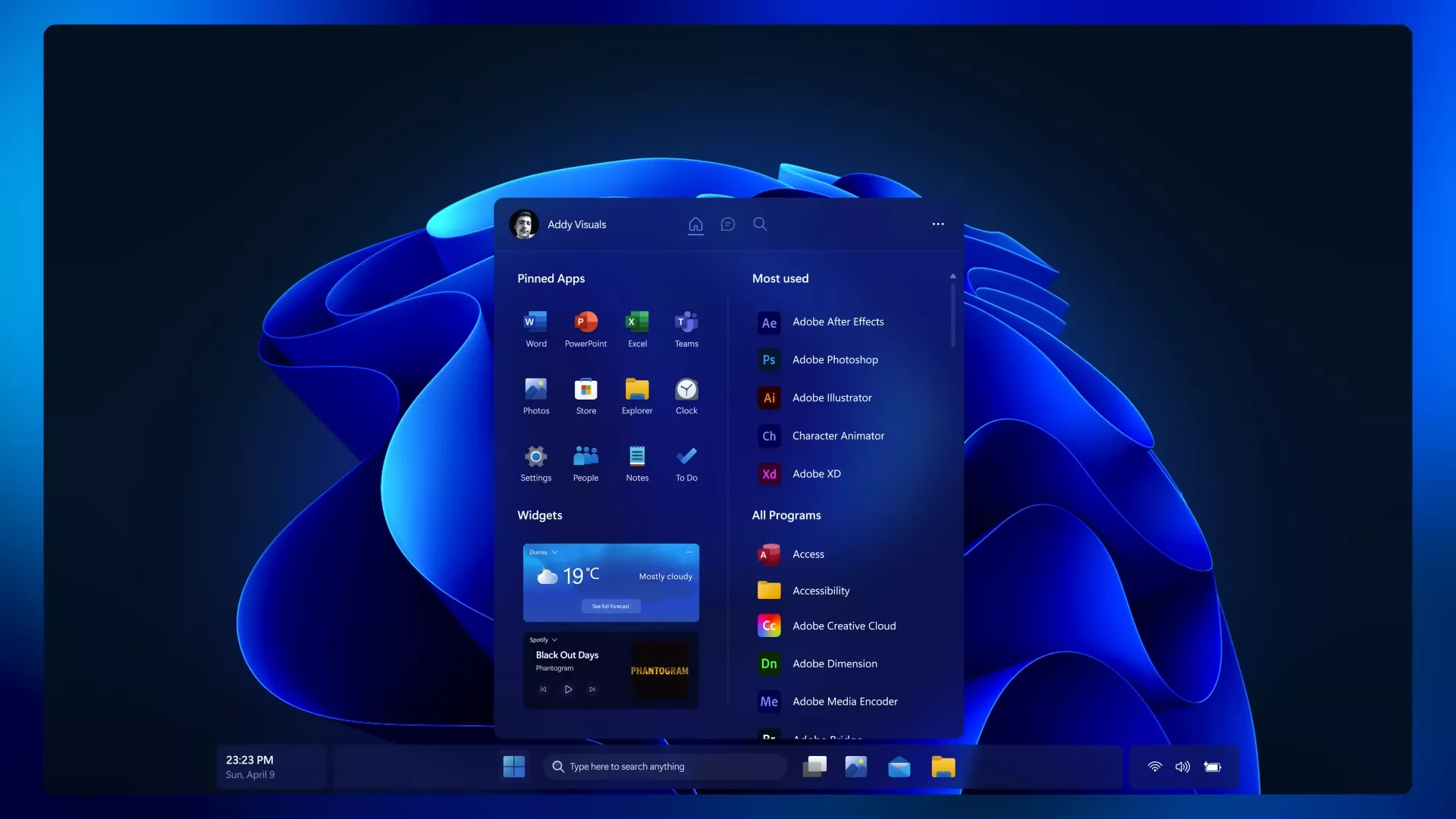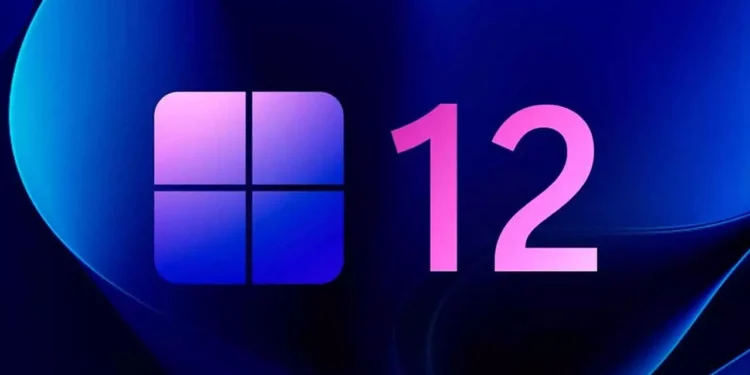The tech landscape is buzzing with anticipation as details about Windows 12 start to emerge. The tech giant Microsoft is at the cusp of potentially revolutionizing how we interact with our computers, emphasizing a significant leap towards integrating Artificial Intelligence (AI) into the very fabric of its next operating system.
However, this ambitious venture brings with it a shadow of déjà vu, reminiscent of the hurdles faced during the Windows 11 rollout, particularly its system requirements that left many users puzzled over compatibility issues.

Windows 11: A Precedent of Compatibility Concerns
The leap to Windows 11 was met with mixed reactions, largely due to its requirement for a Trusted Platform Module (TPM) – a security feature not widely available in off-the-shelf PC components at the time. This requirement sparked widespread confusion and concern among users, fearing their systems might not meet the new OS’s prerequisites.
Windows 12: AI at the Forefront but at What Cost?
According to insights from Windows Central, Windows 12 seems poised to take a bold step into the future, focusing heavily on AI. Features such as an advanced Windows Copilot, AI-enhanced search functionalities, AI upscaling for multimedia, and even AI-animated wallpapers are on the horizon.
Yet, these advancements come with a catch – the need for a dedicated Neural Processing Unit (NPU).
The introduction of NPU requirements might echo the TPM concerns, potentially limiting the accessibility of Windows 12’s most touted features to a fraction of users with newer, NPU-equipped hardware. This speculation raises an important question: Will Microsoft risk alienating a segment of its user base by pushing for cutting-edge technology that demands specific hardware?

The Hardware Race: A Glimpse into the Future
The race to integrate NPUs into PCs is already underway, with industry leaders like AMD, Intel, and Qualcomm spearheading the movement. AMD’s Ryzen AI and the upcoming Ryzen 8040 CPUs, Intel’s Meteor Lake CPUs with built-in NPUs, and Qualcomm’s Snapdragon X Elite chips are setting the stage for a new era of AI-enhanced computing.
However, this transition to AI-capable machines underscores a significant investment, suggesting that the next generation of AI PCs might carry a hefty price tag. This shift could potentially limit Windows 12’s reach to those who can afford the latest technological advancements, raising concerns about creating a divide among Windows users.
Microsoft's Windows 12 will allegedly be released in Fall 2024 and is said to feature a floating taskbar and "deeply integrated AI features".
Details: https://t.co/Q95rQ3hKL3#windows #windows12 #microsoft #os #operatingsystem #ai #artificialintelligence pic.twitter.com/zklJsTMJZZ
— 80 LEVEL (@80Level) July 7, 2023
Balancing Act: Innovation vs. Accessibility
Microsoft’s vision for Windows 12, with AI at its core, signifies an exciting leap towards a smarter, more intuitive computing experience. Yet, the path to realizing this vision is fraught with challenges, particularly in ensuring that the benefits of AI are accessible to a broad audience. The tech giant finds itself at a crossroads, needing to balance the drive for innovation with the imperative of inclusivity.
The possibility that AI features might be restricted to newer, NPU-equipped hardware does not necessarily mean that Windows 12 will be out of reach for users without such technology.
Microsoft’s history of fostering a wide user base suggests a potential for alternative solutions that could bridge this hardware gap, ensuring that the next version of Windows remains accessible to a diverse range of users.

Windows 12: A Future Defined by Choices
As details about Windows 12 continue to unfold, the tech community remains on the edge, watching closely how Microsoft navigates the challenges of integrating AI into the everyday computing experience. The decisions made today will not only shape the future of Windows but also define the next chapter in how we interact with technology.
Will Windows 12 mark a new era of innovation, or will it serve as a cautionary tale of technological advancement outpacing accessibility? Only time will tell, but one thing is clear: the future of computing is on the horizon, and it’s brimming with potential.










